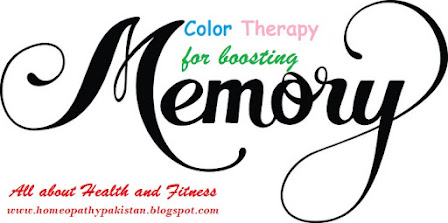Exercises for Boosting Memory

Here are some exercises to help boost your memory:
*1. Memory Palace Technique*
Imagine a familiar place, like your home or school. Visualize walking through it, room by room, and associate new information with specific objects or locations. For example, if you need to remember a shopping list, imagine putting each item in a specific place in your mental palace.
*2. Association Chain*
Create a mental chain of associations between new information and something you already know. For example, if you need to remember a new face, associate it with someone you already know who has a similar face or name.
*3. Acronyms and Mnemonics*
Create acronyms or rhymes to help remember new information. For example, "ROY G BIV" for the colors of the rainbow (Red, Orange, Yellow, Green, Blue, Indigo, Violet).
*4. Working Memory Exercises*
Perform tasks that challenge your working memory, such as:
- Remembering a sequence of numbers or words
- Doing mental math calculations
- Reading a sentence and then recalling the main idea
*5. Brain Games and Puzzles*
Engage in activities that challenge your brain, such as:
- Crosswords, Sudoku, and other puzzles
- Memory games like Concentration or Memory Match
- Strategy games like chess or bridge
*6. Learning a New Skill*
Acquire a new skill or hobby that challenges your brain, such as:
- Learning a new language
- Playing a musical instrument
- Painting or drawing
*7. Reading and Recall*
Read a passage or article, then try to recall the main points without looking at the text.
*8. Memory Journaling*
Write down new information you want to remember, such as appointments or tasks, and review it regularly.
*9. Mindfulness and Meditation*
Practice mindfulness and meditation to improve focus and attention, which can help boost memory.
*10. Get Enough Sleep*
Get adequate sleep to help consolidate memories and improve memory recall.
Remember, the key is to challenge your brain regularly and make these exercises a part of your daily routine!

.jpg)